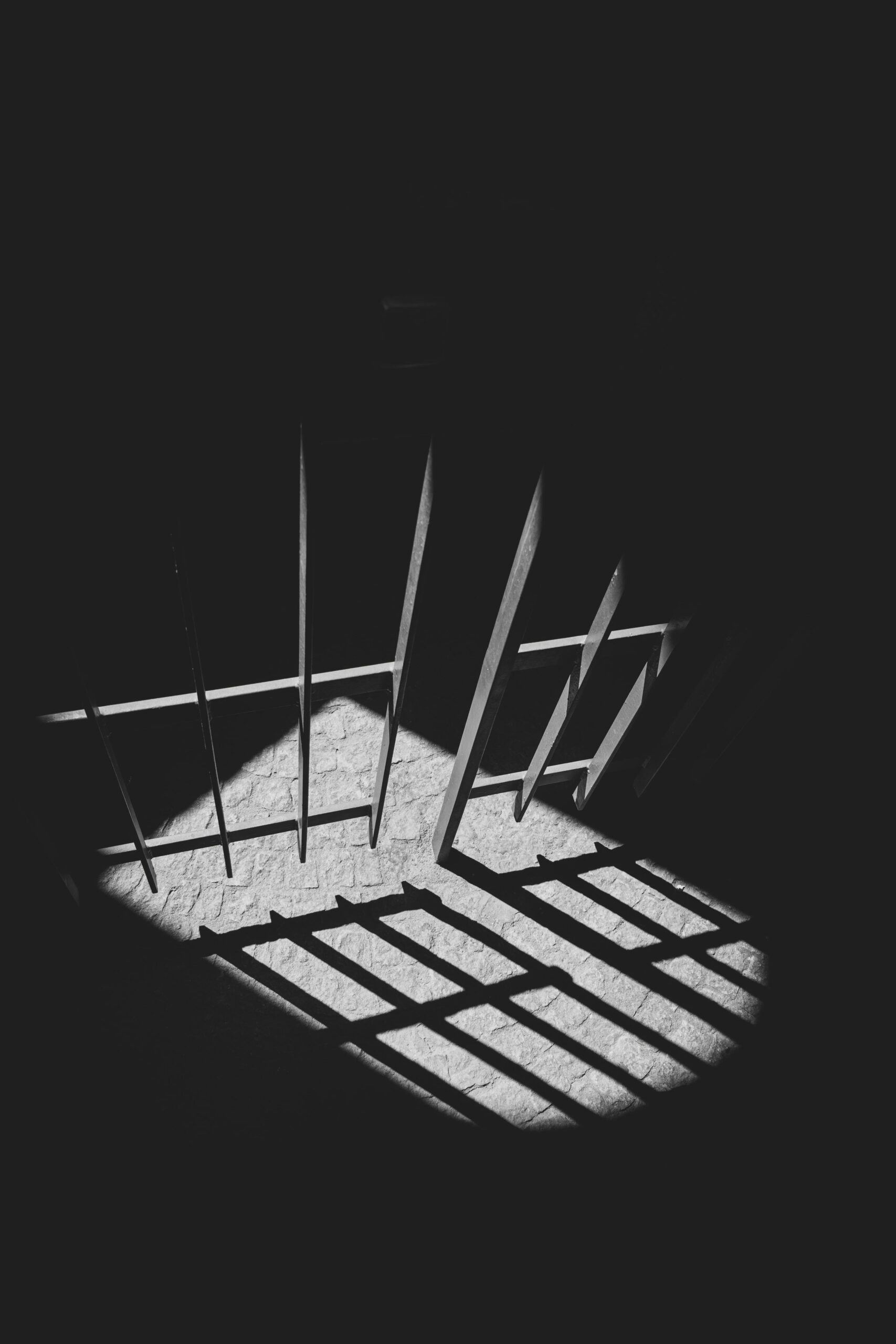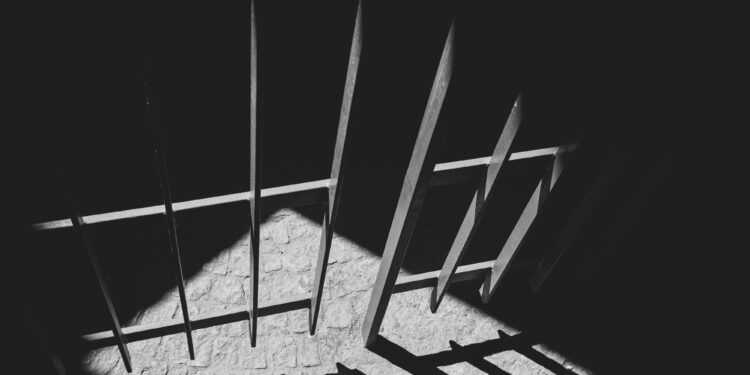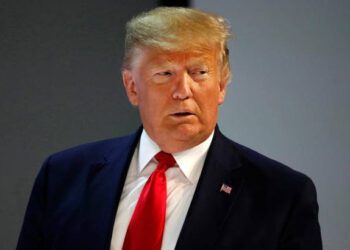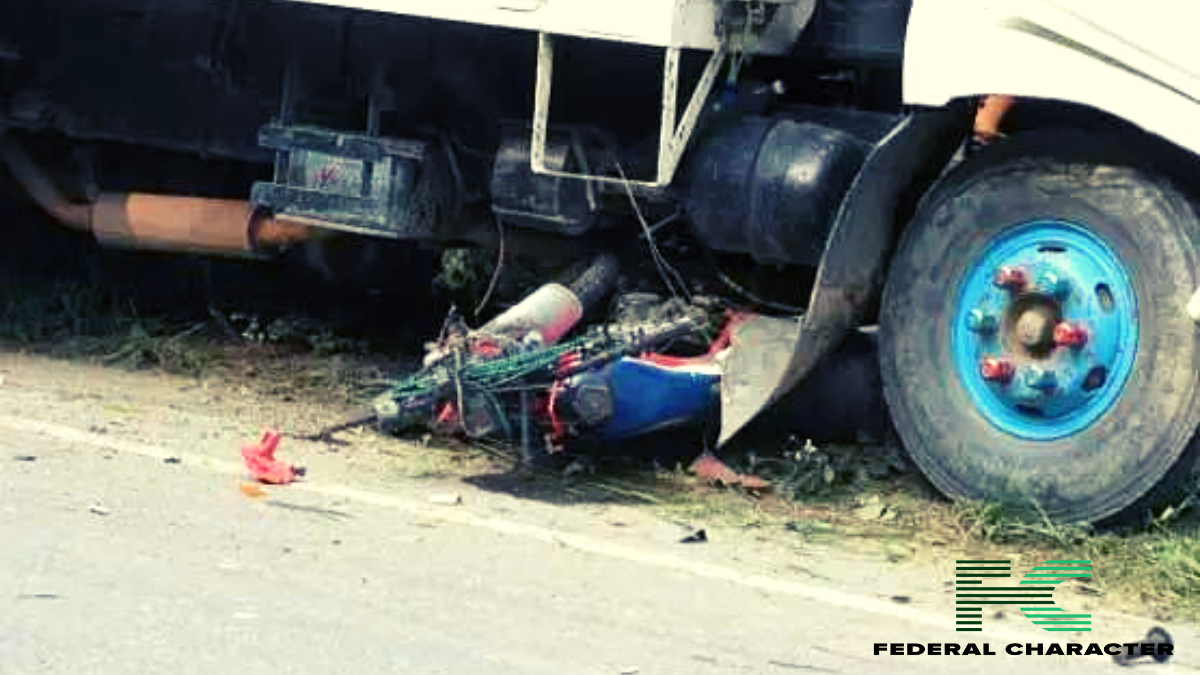The formal charging of former FBI Director James Comey with two felony offenses is a sign of dangerous political escalation in the United States. A federal grand jury in Virginia indicted Comey on counts of making false statements to Congress and obstruction of justice.
These charges stem from his September 2020 testimony regarding whether he authorized the leak of classified information related to the FBI’s investigation into the 2016 Russian meddling. While the Department of Justice (DOJ) frames the indictment as a commitment to accountability for those who “abuse positions of power”, the context (including relentless public pressure from President Donald Trump) suggests a pivotal collapse of the firewall between the White House and the independent prosecution process.
This case is not merely about a technical breach of procedure; it is the highest-profile indictment of a public figure during Trump’s second term, and it’s a direct challenge to the rule of law. The timing (filed just before the five-year statute of limitations expired) and the circumstances of the prosecution warrants nothing less than a skeptical, analytic editorial lens.
The integrity of this prosecution is undermined by two glaring facts. First, of all, the charges were filed just days after President Trump publicly demanded that Attorney General Pam Bondi “more aggressively investigate his political adversaries, including Mr. Comey”.

Secondly, the probe is being headsdby Lindsey Halligan, the new US Attorney for the Eastern District of Virginia, who only took over the role this week and previously served as Trump’s personal lawyer.
Also, the appointment of a former personal attorney of the President to lead the charge against one of his most outspoken critics is inappropriate and a clear ethical failure dangerously signaling of a politicized Justice Department. When the President publicly calls for the head of an adversary, and that adversary is then quickly indicted by the President’s former counsel, the appearance of political retaliation is very strong.
Why It Matters
This case is a dead ringer for the disturbing pattern of DOJ weaponization, exemplified by the recent firing of prosecutors who worked on cases that angered the President, including Erik Seibert, the original US Attorney overseeing the case. As former federal prosecutor Laurie Levenson states, this aggressive pursuit suggests the traditional firewall between the White House and the Justice Department has “collapsed”.
The prosecution faces an incredibly “challenging case”. Comey is charged with making a false statement and obstructing justice by willfully and knowingly directing an unnamed person to be an “anonymous source in news reports”. His defense lawyer, Patrick Fitzgerald, states the former FBI Director “denied the charges”, and Comey himself declared, “I am innocent. So, let’s have a trial”.
Legal experts have narrated the enormous difficulty in proving that Comey “knowingly or intentionally lied to Congress”. If a trial proceeds, it will devolve into a messy contest of credibility—Comey’s word against the prosecution’s witnesses and documents. The core challenge for Halligan is to prove criminal intent, a far higher task to do than proving mere misstatement or memory lapse.

















